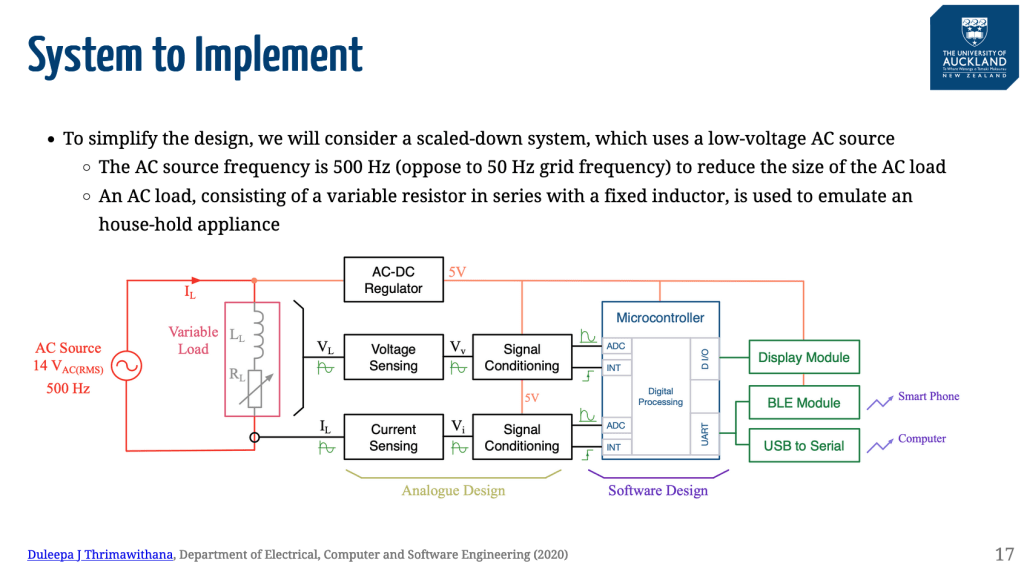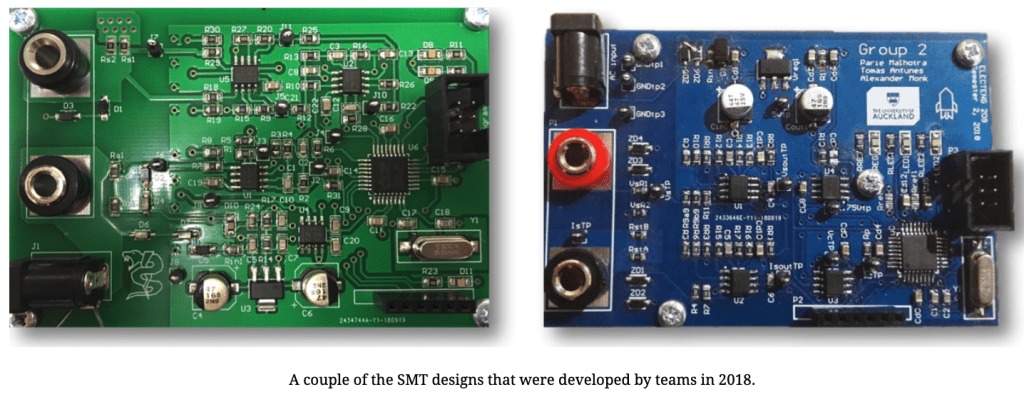(ELECTENG/COMPSYS 209)
Apart from the negatives, this is probably one of the most important courses in part 2. There is just so much covered in this course that is so relevant to the industry and their practices. Things like teamwork (you get into groups of 4 that you can choose), electronics test & measurement instrumentation, use of GitHub, technical interviews (like those in job interviews), use of industry standard softwares (like Altium PCB designer, LTspice and Proteus simulator) and more.
It is course heavily focused on application rather than just learning a bunch of theory and then spewing it out in an exam. All the things that you’ve learned that is related to your spec (including ELECTENG101) is applied here. So make sure you really grasp everything taught in sem 1 as they just expect you to know/remember the concepts. They told us that ELECTENG 291 and COMPSYS201 is entirely relevant to 209 in the last week of sem 1. At that point it was too late for me (rip), so I am telling you now. Study hard for those courses as they will definitely help for 209.
So the way this course works is that, there is some content taught in the lectures and from that, you are expected to complete the associated lab. There are 6 labs that spread the semester and lectures end on week 7. After each lab you complete, a teaching assistant (TA) will come and verbally interview you and ask questions about the lab and the lecture material. You can think of it as a weekly quiz, but a bit more stressful as it is face to face. They can also ask you questions about how to use the new softwares that you get exposed to. Now this is a design course so you need to have a finished product at the end of the semester and each lab will help you do so. The first 2 labs were focused on the electrical side of things with all the necessary circuitry needed for the project, and the other 4 were more focused on coding. The coding here is like the coding you would’ve done in COMPSYS 201, so have a read of some other blog posts for more info on that. But basically, the coding here is for a simple micro controller (the ATmega328PB)
There is no exam for this course and so in week 12, there are the final interviews worth like 30% of your grade, where you are asked questions like in the lab interviews about all the content from lectures and labs and you will present your final (hopefully working) project. So the weekly interviews are not something to be afraid of as they are great practice for the final interview and the progress review. The progress review is a mini final interview type thing where it is the same format as the final interview and they also check how you are progressing with your project as they do this around week 6 so about halfway, just to make sure you are on track and not just check once at the very end.
Another thing to keep in mind is that there are 2 tests worth 22.5% each (45% just from tests), so make sure that when you are learning concepts, that you can answer them in a test format. These tests also have coding in them.
In a nutshell, this is what you will be working on and making through the semester:

PCBs that you could be designing:

Part 2 electrical students also do this compulsory paper, so if you want more context have a read at the other blog posts too.
